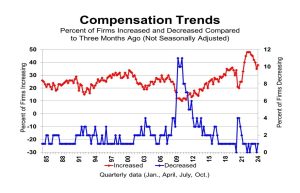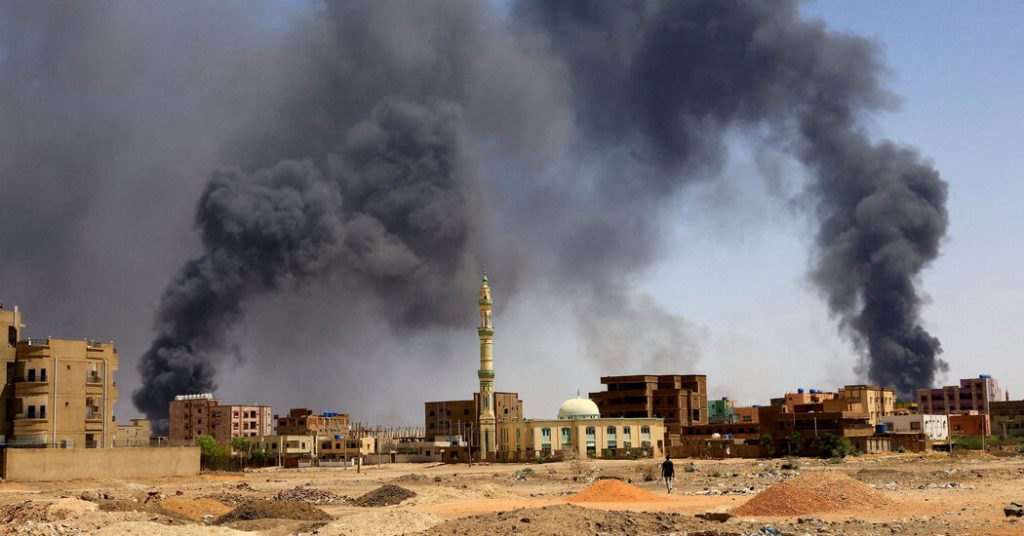The conflict in Sudan, driven by two rival generals, has caused widespread devastation and displacement in the country, with 8.6 million people forced from their homes. The war has transformed Khartoum, once a thriving city, into a desolate landscape of destruction, hunger, and death. More than a third of Sudan’s population is facing severe hunger, threatening millions of lives. Schools and hospitals have been closed, exacerbating what the UN has called the “worst education crisis in the world.”
The death toll from the yearlong fighting has surpassed 15,600, with many more injured. Millions have been displaced within Sudan and to neighboring countries such as South Sudan, Chad, Egypt, Ethiopia, and the Central African Republic. The ongoing clashes between the two generals’ rival forces have shattered hopes of transitioning to civilian rule in Sudan. The Rapid Support Forces remain dominant in Khartoum, while the army controls other parts of the country, leading to a volatile and unstable situation.
Efforts to reach a ceasefire have been unsuccessful, despite calls from the UN and humanitarian agencies for a cessation of hostilities. Aid delivery is hindered by fighting, threats, blocked roads, and other logistical challenges. Donor nations have pledged over $1.2 billion in aid for Sudan, but the situation on the ground remains dire. The two rival generals, Abdel Fattah al-Burhan and Mohamed Hamdan, have been at odds over the control of power and the integration of the paramilitary forces into the army, leading to further conflict and instability.
Sudan’s strategic location on the African continent has attracted the interest and involvement of other countries. The violence in Sudan has spilled over into neighboring countries and threatens regional stability. The presence of armed groups in Darfur and reports of Russian mercenaries operating in the country have added another layer of complexity to the conflict. Countries like Russia and the United Arab Emirates have been secretly supplying arms and support to the paramilitary forces, further fueling the violence and suffering in Sudan.
The conflict in Sudan has had devastating consequences for the population, with widespread hunger, displacement, and death. The competing forces of the rival generals have torn the country apart, undermining hopes for peace and stability. The involvement of other countries in the conflict has complicated the situation and added to the suffering of the Sudanese people. Efforts to reach a ceasefire and find a political solution to the conflict have so far been unsuccessful, leaving millions of people in Sudan and the region at risk of further harm and devastation.
The international community, including donor nations and humanitarian agencies, have pledged support and aid for Sudan, but the situation on the ground remains precarious. The two rival generals continue to vie for power, deepening the conflict and prolonging the suffering of the Sudanese people. As the war in Sudan rages on, the need for a peaceful resolution and a return to civilian rule becomes increasingly urgent to prevent further loss of life and ensure the well-being of those affected by the ongoing crisis.















